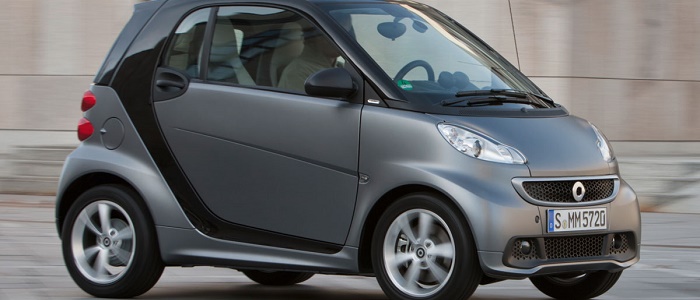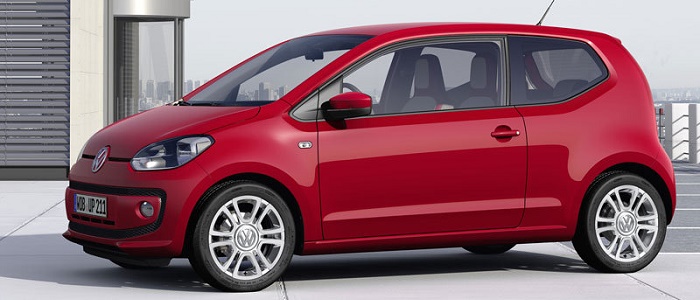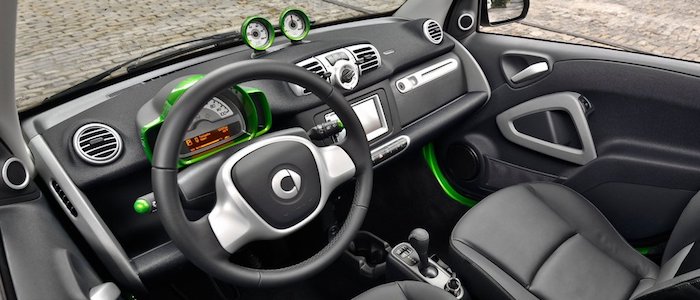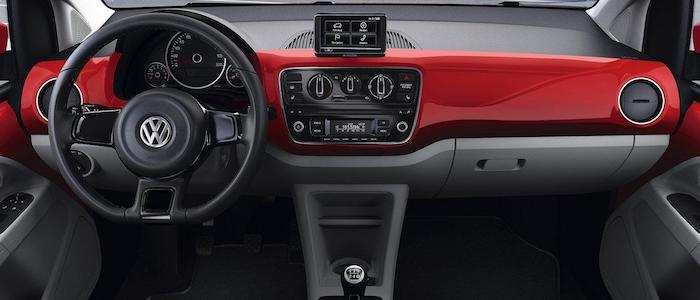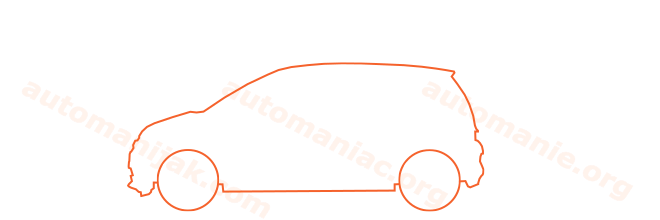Compare two cars
Compare any two cars and get our Virtual Adviser™ opinion
Dimensons & Outlines
Engine
Performance (manual gearbox)
Performance (automatic gearbox)
Expenses
Virtual Adviser's™ opinion
Two significantly similar cars, no doubt about that. Still, each one has something different to offer. Having both cars powered by petrol engines and utilizing the 3-door hatchback body style within the same 'Micro car' segment, the only major difference here really is their wheel drive configuration (rear for the Smart and front in the case of the Volkswagen). The first one has a Mitsubishi-engineered powertrain under the hood, a 3-cylinder, 12-valves 61hp unit, while the other one gets its power and torque from a 3-cylinder, 12-valves 60hp engine designed by Volkswagen.
SafetyA starting point here would be to take a look at the results from European New Car Assessment Programme (Euro NCAP) tests which were performed on both of the cars, with the Volkswagen being a slightly better choice apparently. That aside, let's consider some other aspects which affect safety. Both vehicles belong to the micro car segment, which is generally a misfortune safety-wise, but that fact doesn't break the tie between the two cars. On the other hand, when it comes to weight, a factor that most people underestimate, Up! offers a considerable difference of 12% more metal.
ReliabilityManufacturers have been building their reliability reputation for decades now and, generally speaking, it appears that Smart does have a slight advantage, at least on all of the models level. These are the results of an independent reasearch, while our visitors describe reliability of Smart with an average rating of 4.3, and models under the Volkswagen badge with 4.2 out of 5. Unfortunatelly, I don't have enough insight that would allow me to comment in more details on the specific models level. We should definitely mention that owners of cars with the same powertrain as ForTwo rank it on average as 4.0, while the one under the competitor's bonnet gets 4.7 out of 5.
Performance & Fuel economyVolkswagen is undoubtly more agile, reaching 100km/h in 2.4 seconds less than its competitor. In addition to that it accelerates all the way to 161 kilometers per hour, 16km/h more than the other car. When it comes to fuel economy things look pretty much the same for both cars, averaging around 4.2 liters of fuel per 100 kilometers (68 mpg), in combined cycle.
Verdict
Volkswagen appears just a bit more reliable, although the difference is truly marginal. The most important thing when deciding between any two vehicles should always be safety, both passive and active. In my opinion, everything taken into account, Up! beats the other contender by far, making it the best choice without even considering other things. It all continues in the same direction, with Volkswagen outracing its opponent in any situation possible, making it better choice for boy racers. To make things even better, it consumps less fuel! All together, there's not much more to say, in this case I wouldn't even consider anything but Volkswagen. In any case that's my personal view, built upon all the data available to me. What should decide here though is the way you feel about the two vehicles, and I hope you'll find my guidelines useful in the process. In case you have two minutes to spare I invite you to define your needs, desires and budget and see which car would be chosen by the virtual adviser™, among more than 12.000 different ones in our database.























